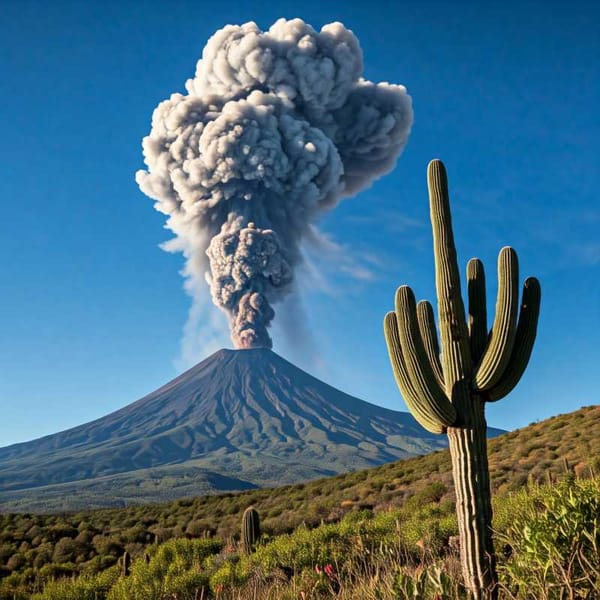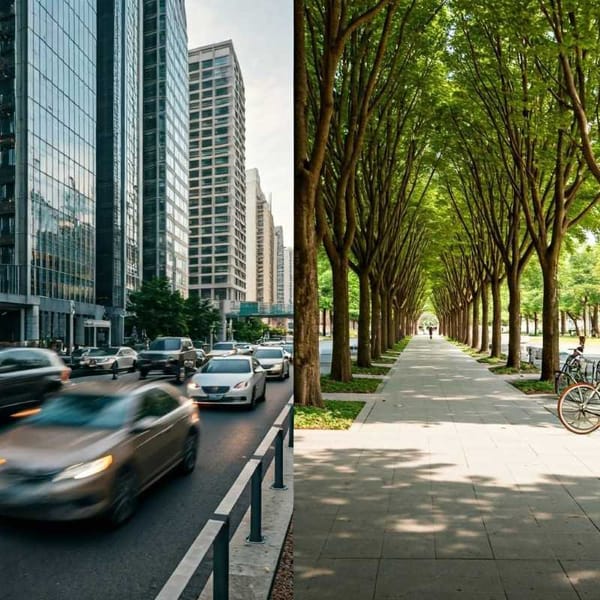Summit of the Americas 2022: Leaders' meeting kicks off
Catch up with the latest updates on the North American trilateral summit at the Summit of the Americas 2022 Leaders' meeting in Los Angeles.

Catch up with the latest updates on the North American trilateral summit at the Summit of the Americas 2022 Leaders' meeting in Los Angeles.


For 30 years, Popocatépetl (aka Don Goyo) has been erupting, baffling scientists who've studied it since before its 1994 reactivation. From mapping hazards to analyzing ash, their research has spanned decades, even involving a presidential briefing.

Urban planning is key to sustainable transport, says UNAM expert Manuel Suárez Lastra. Compact cities with mixed-use zoning encourage walking and cycling, reducing reliance on cars and their carbon footprint.

Mexico City's street food vendors are vital, comprising over 50% of food sales in some areas. Research reveals they offer affordable, traditional Mexican food, often healthier than supermarket fare, addressing food access issues in a city where many can't afford formal establishments.

Sleep quality is crucial for mental health. Poor sleep raises risks of depression and other diseases. Most adults need 7-8 hours nightly, though individual needs vary. Maintaining good "sleep hygiene" is key. Myths about sleep duration are debunked.